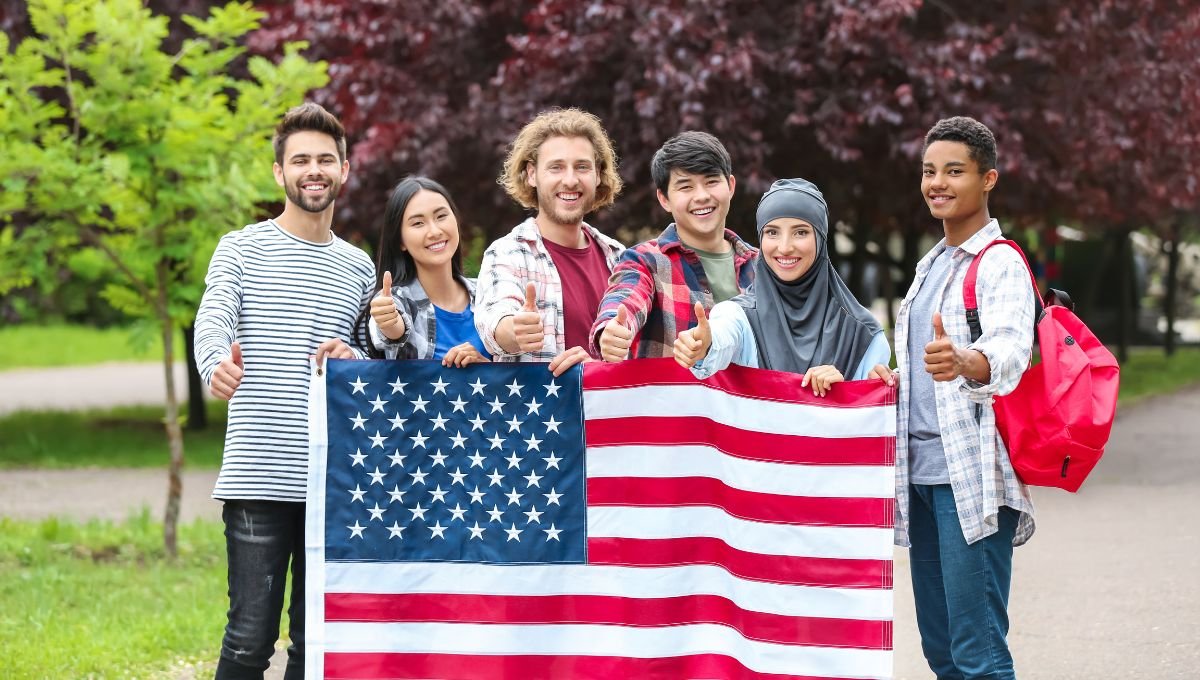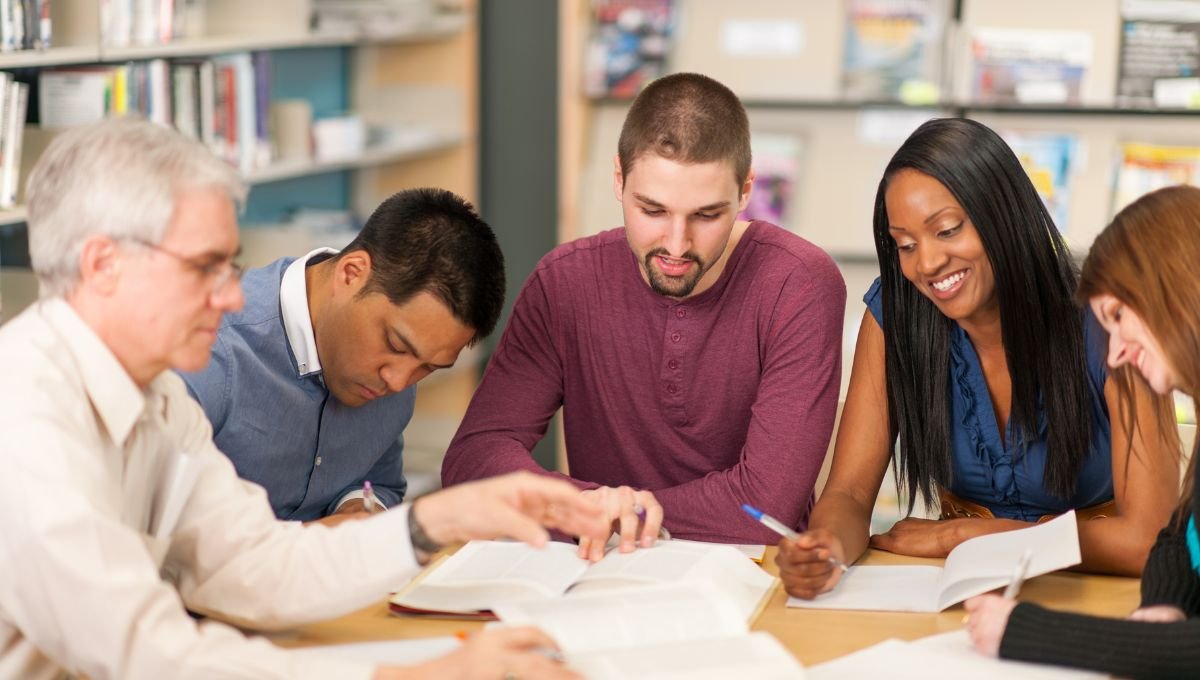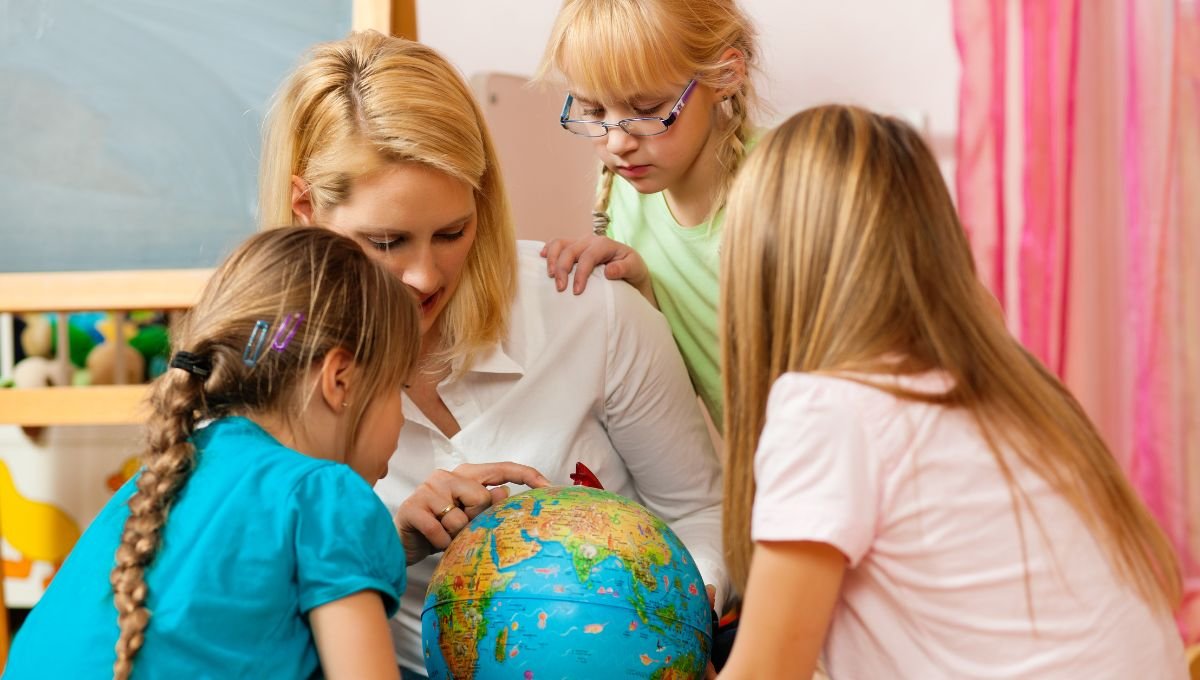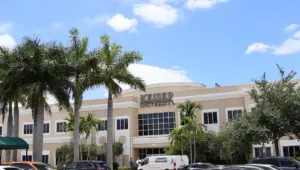Contents
- 1 How Education Can Change Society: Cultivating Compassion and Connection Through Education
- 1.1 The Job of Education in Society
- 1.2 Developing Empathy Through Educational Practices
- 1.3 Associating People group Through Education
- 1.4 Difficulties to Survive
- 1.5 A Step-by-Step Manual for Upgrading Educational Effect
- 1.6 The Eventual Fate of Education and Society
- 1.7 Enabling Through Education: Spanning the Computerized Gap
- 1.8 Coordinating Innovation with a Human Touch
- 1.9 The Significance of Local Area Contribution
- 1.10 Education for Supportable Turn of events
- 1.11 Developing Worldwide Residents
How Education Can Change Society: Cultivating Compassion and Connection Through Education
Introduction: The Transformative Power of Education
Education has the extraordinary ability to reshape society, encouraging a culture of empathy and association that rises above customary limits. In this profound plunge into “How Education Can Change Society: Developing Sympathy and Association Through Education,” we investigate the essential role education plays in advancing figuring out, compassion, and social union. With an emphasis on the most recent patterns and measurements pertinent to the US, this article plans to enlighten the heap manners by which education illuminates people as well as joins networks.

The Job of Education in Society
Education is more than the obtaining of information and abilities; it’s a fundamental instrument for social change and local area improvement. Studies have shown that social orders with higher levels of educational achievement appreciate more noteworthy monetary flourishing, lower rates of wrongdoing, and improved social versatility. By encouraging decisive reasoning and sympathy, education prepares people to participate in significant discourse, appreciate assorted points of view, and team up towards shared objectives, accordingly fortifying the structure holding the system together.
Developing Empathy Through Educational Practices
At the core of education’s capacity to change society is its ability to develop empathy among students. Incorporating compassion and moral comprehension into the educational program urges understudies to interface with others on a human level, advancing a feeling of worldwide citizenship and social obligation. Programs zeroed in on help learning and local area commitment further support these qualities, empowering understudies to apply their learning in certifiable settings that benefit both themselves and their networks.

Associating People group Through Education
Education spans boundaries by uniting people from different foundations and encouraging a feeling of having a place and shared regard. Drives that support culturally diverse exchanges and cooperative activities among schools and networks can destroy biases and construct extensions of understanding. By featuring shared values and normal human encounters, education can assume an essential role in recuperating divisions and advancing harmony.
Difficulties to Survive
Notwithstanding its true capacity, a few moves prevent education’s capacity to encourage empathy and association. Disparities in educational access and quality, cultural predispositions, and underfunded social-profound learning programs are significant obstructions. Resolving these issues requires exhaustive systems that incorporate approach change, expanded interest in education, and local area associations to guarantee all students have the chance to profit from an education that champions sympathy and association.

A Step-by-Step Manual for Upgrading Educational Effect
To boost education’s effect on society, it is fundamental to embrace a comprehensive methodology that encompasses both academic and social-profound learning. This guide frames commonsense advances instructors, policymakers, and local area pioneers can take to enhance educational encounters and cultivate conditions where sympathy and association flourish. Procedures incorporate carrying out comprehensive educational plans, advancing cooperative growth opportunities, and making spaces for open discourse and reflection.
The Eventual Fate of Education and Society
Looking forward, the fate of education as a power for cultural change is brilliant, with developments in teaching methods and innovation offering new pathways for developing sympathy and association. Embracing these open doors will require a promise of constant learning and variation, guaranteeing that education stays receptive to the developing necessities of society. By focusing on the improvement of the entire individual, education can lay the groundwork for a more merciful, associated, and impartial world.

Enabling Through Education: Spanning the Computerized Gap
In our journey to comprehend “How Education Can Change Society: Developing Empathy and Association Through Education,” it’s vital to address the computerized partition—a significant hindrance to achieving educational value. The advanced split alludes to the hole between people who approach current data and correspondence innovation and the individuals who don’t. Defeating this separation is fundamental to guaranteeing that all understudies have equivalent chances to learn and develop. Schools and networks should cooperate to give admittance to computerized devices and assets, encouraging a comprehensive climate where each understudy can flourish.
Coordinating Innovation with a Human Touch
As we influence innovation to connect holes in education, keeping an emphasis on the human parts of learning is crucial. Innovation ought to be viewed as a device to improve, not supplant, the merciful and associated opportunities for growth that are vital to education’s place in society. By coordinating innovation in manners that advance cooperation, compassion, and relational associations, teachers can establish a learning climate that plans understudies for both the computerized and social difficulties representing things to come.
The Significance of Local Area Contribution
Local area contribution remains a support point in the educational environment, building up the upsides of sympathy and association. Drawing in families, nearby organizations, and local area associations in educational drives can give understudies a more extensive and encouraging group of people and more valuable learning opportunities. Such organizations improve the educational experience as well as reinforce local area ties, creating a common feeling of obligation to sustain the up-and-coming age of empathetic and associated residents.

Education for Supportable Turn of events
Looking forward, education’s job reaches out to encouraging reasonable turns of events and tending to worldwide difficulties, for example, environmental change, imbalance, and social shamefulness. By integrating these subjects into the educational program, instructors can rouse understudies to ponder their effect on the world and enable them to make a move for a superior future. Education for economic improvement develops a feeling of worldwide citizenship, underscoring the interconnectedness of the planet.
Developing Worldwide Residents
In an undeniably globalized world, education can develop worldwide residents who are proficient in worldwide issues, compassionate towards individuals from various foundations and focused on having a constructive outcome. Programs that support worldwide mindfulness and multifaceted exchanges can grow understudies’ viewpoints and encourage a more comprehensive perspective. By getting understudies ready to explore the intricacies of the worldwide local area, education fortifies society’s capacity to address the difficulties imparted to empathy and collaboration.

End and Last Considerations
In summarizing our investigation of “How Education Can Change Society: Developing Sympathy and Association Through Education,” we’ve navigated the multi-layered scene where education acts as a reference point of information as well as a strong impetus for cultural change. Through encouraging a culture of sympathy and supporting associations among different networks, education arises as a critical power in chiseling a society that values compassion, understanding, and aggregate prosperity. The excursion towards developing a more humane and associated society starts with a guarantee of comprehensive and compassionate education.
As we look towards the future, the basics of incorporating innovation with a human touch, supporting local area inclusion, and embracing worldwide citizenship couldn’t possibly be more significant. These components are critical for engaging people not exclusively to explore the intricacies of our interconnected world but to add to its improvement effectively. Education’s job in advancing manageable turns of events and cultivating worldwide mindfulness presents a novel chance to equip people in the future with the devices required for handling worldwide difficulties with understanding and sympathy.
Thus, let us push ahead with a restored obligation to tackle the groundbreaking force of education. By going for strategies that guarantee impartial admittance to education, supporting drives that improve learning with sympathy and association, and encouraging a climate that praises variety and inclusivity, we can build a society that mirrors our most noteworthy standards. Now is the right time to act, to put resources into education that enables spirits and social orders to be the same, and to embrace the significant changes that education can bring to our reality.













